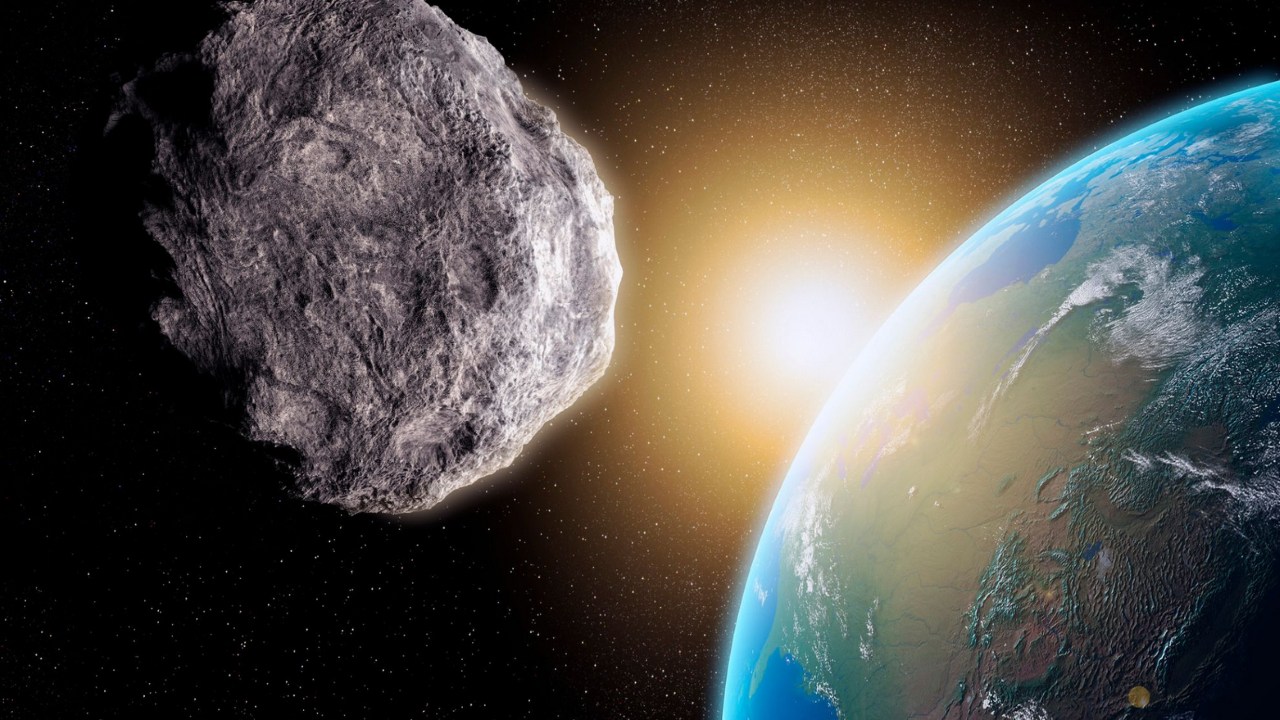Without life, billions of years ago Earth was a lonely planet and also an easy target for meteorites and asteroids. But everything changed with the collision of a giant asteroid 3 billion years ago.
Therefore, the collision of this asteroid, which is four times the size of Mount Everest – and 200 times larger than the asteroid that wiped out the dinosaurs – left a major impact on the planet.
However, unlike the rock that killed the dinosaurs, this rock failed to eliminate life on Earth because there was no life on Earth. Ironically, the asteroid impact 3 billion years ago may have accelerated the formation of life on Earth, which was in the stages of single-celled organisms.
Information taken from a study published Last Monday (22), which highlights some of the consequences of this asteroid on the dynamics of planet Earth.
Nadia Drabon, a geologist at Harvard University who studies the early Earth and author of the study, named the asteroid “S2.” The researcher tracked the impact left by the meteorite in the Barberton Greenstone Belt in South Africa.
Like the Bushveld Volcanic Complex, also in South Africa, the Barberton Greenstone Belt is one of the few places with very ancient and preserved rocks.
Read more: Microbes were alive in a billion-year-old rock in South Africa
Therefore, the researcher and the rest of the study team examined the rock deposits at the site, and found the first sign of the asteroid in the form of pellets the size of grains of sand.
Spherules are spherical particles that form after an asteroid collides with Earth.
In addition to these particles, scientists found a layer of rock similar to the asteroid that wiped out the dinosaurs, but much larger in thickness.
“What doesn't kill you makes you fat”: An asteroid has increased the number of single-celled organisms on Earth
According to the study, the impact of this giant meteorite led to a tsunami. In this way, the Earth's ocean expelled debris from the sea floor to coastal areas.
Furthermore, the heat generated by the impact caused the upper layer of the sea to evaporate. As a result, the atmosphere warmed and a cloud of dust covered the planet, halting any photosynthetic activities.
Although it appears that the asteroid delayed the formation of life on Earth by 3 billion years, the effect was the opposite, according to the researchers, who revealed that bacterial life is rapidly renewed.
As a result, there was a significant increase in the numbers of single-celled organisms and the asteroid helped provide food for these bacteria. Tsunami waves carried elements such as iron into shallow water.
In addition, an asteroid impact 3 billion years ago and soil erosion increased the amount of phosphorus on Earth's surface.
“Until recently, asteroid impacts were considered a disaster for evolution. However, this line of thinking is changing, and there is now a hypothesis that life was not only resilient, but benefited from such violent events.

“Coffee trailblazer. Social media ninja. Unapologetic web guru. Friendly music fan. Alcohol fanatic.”


